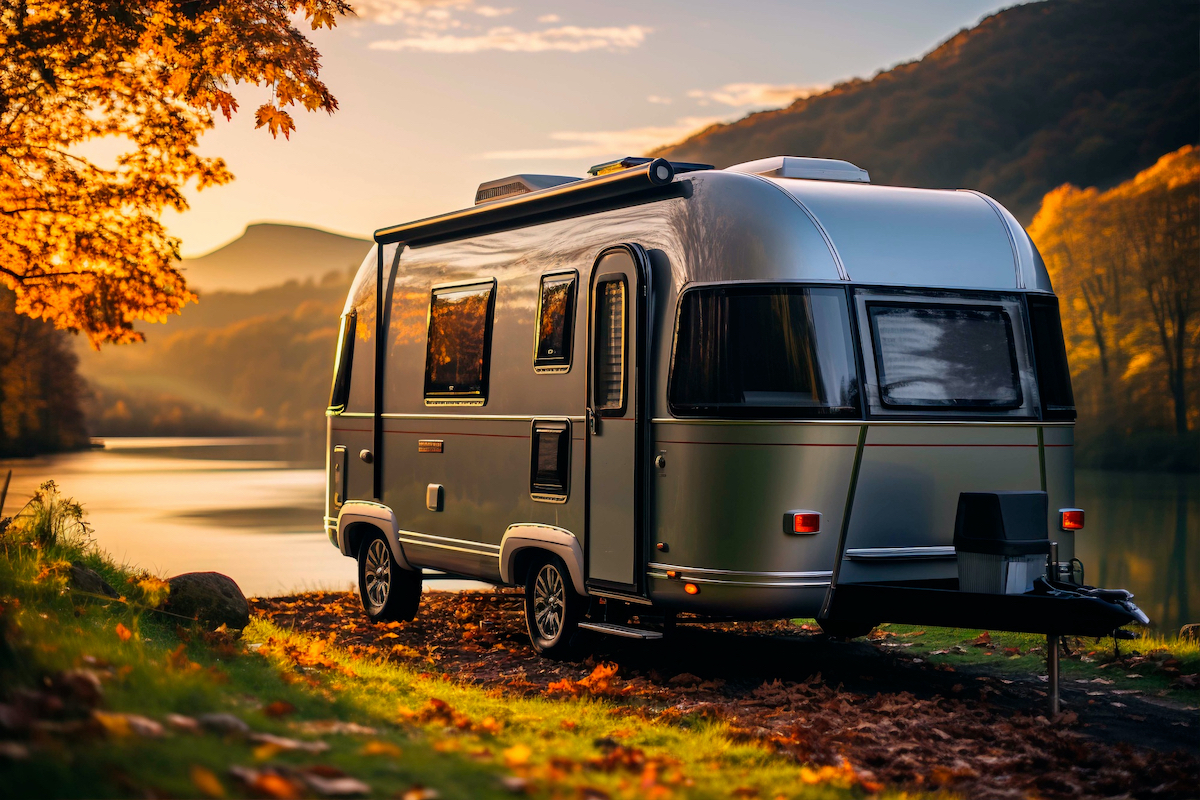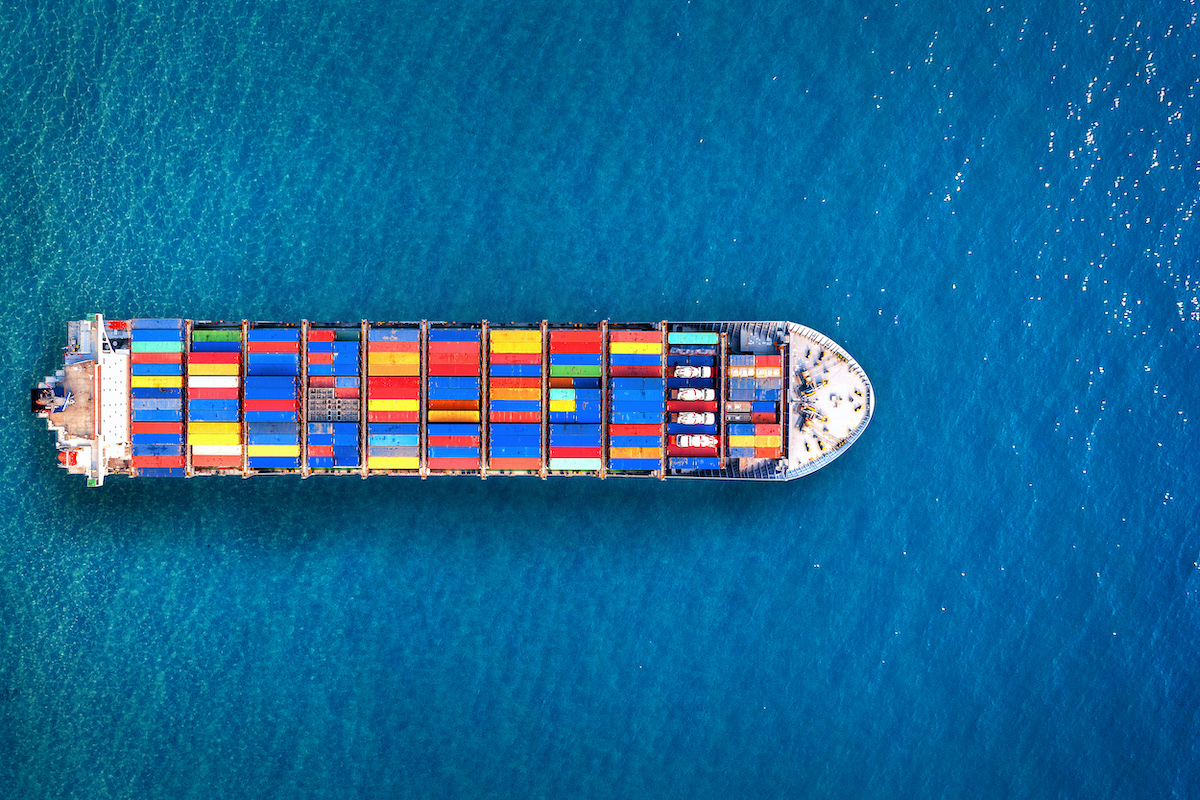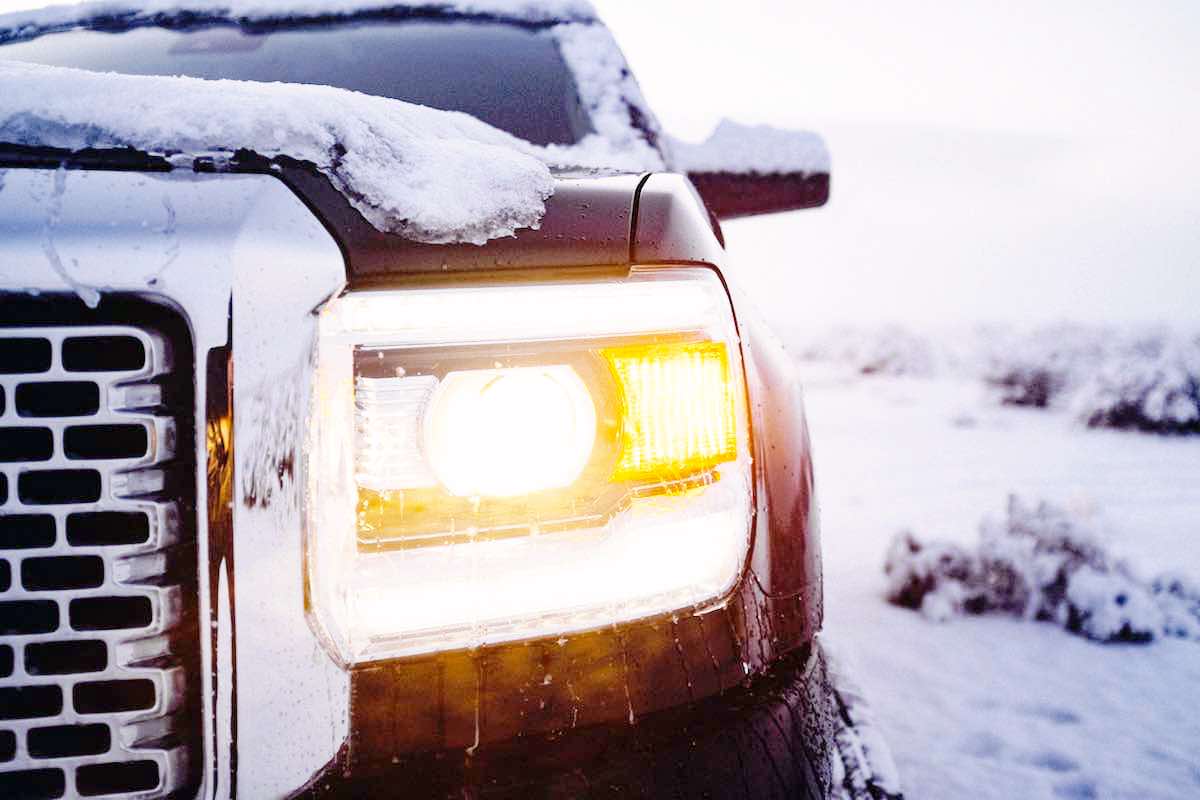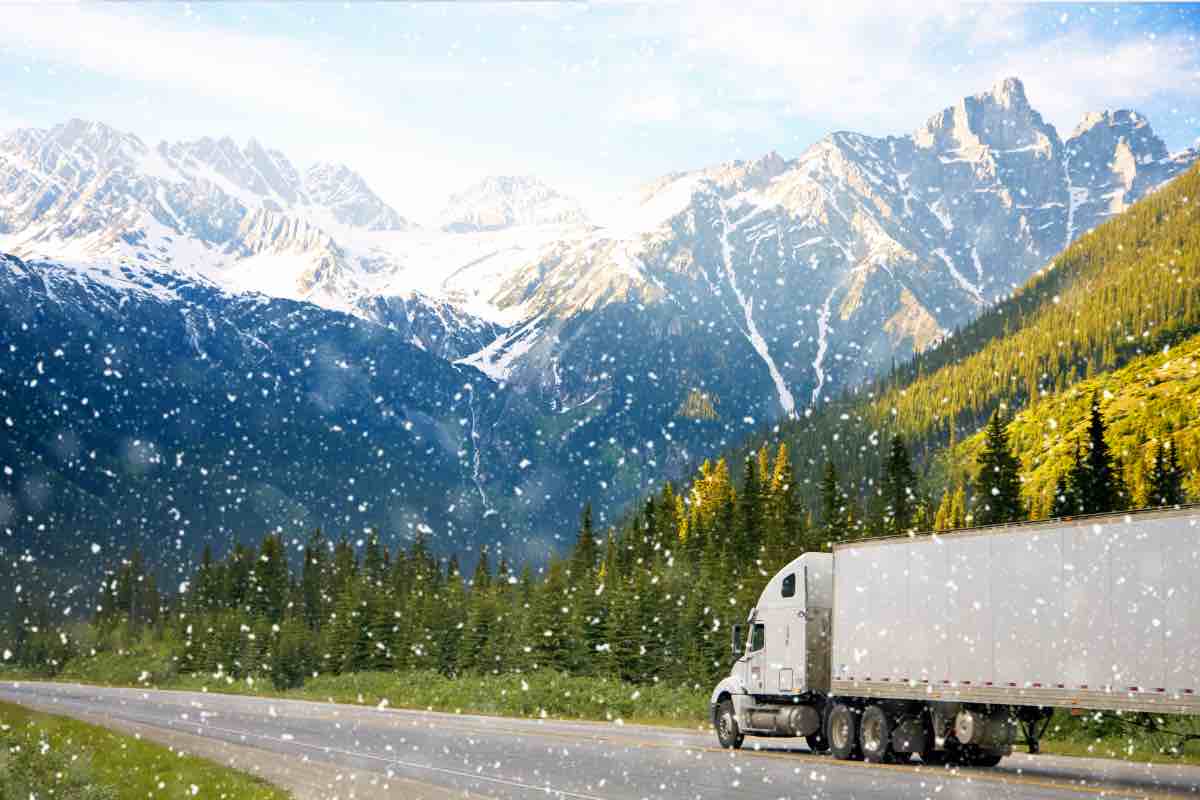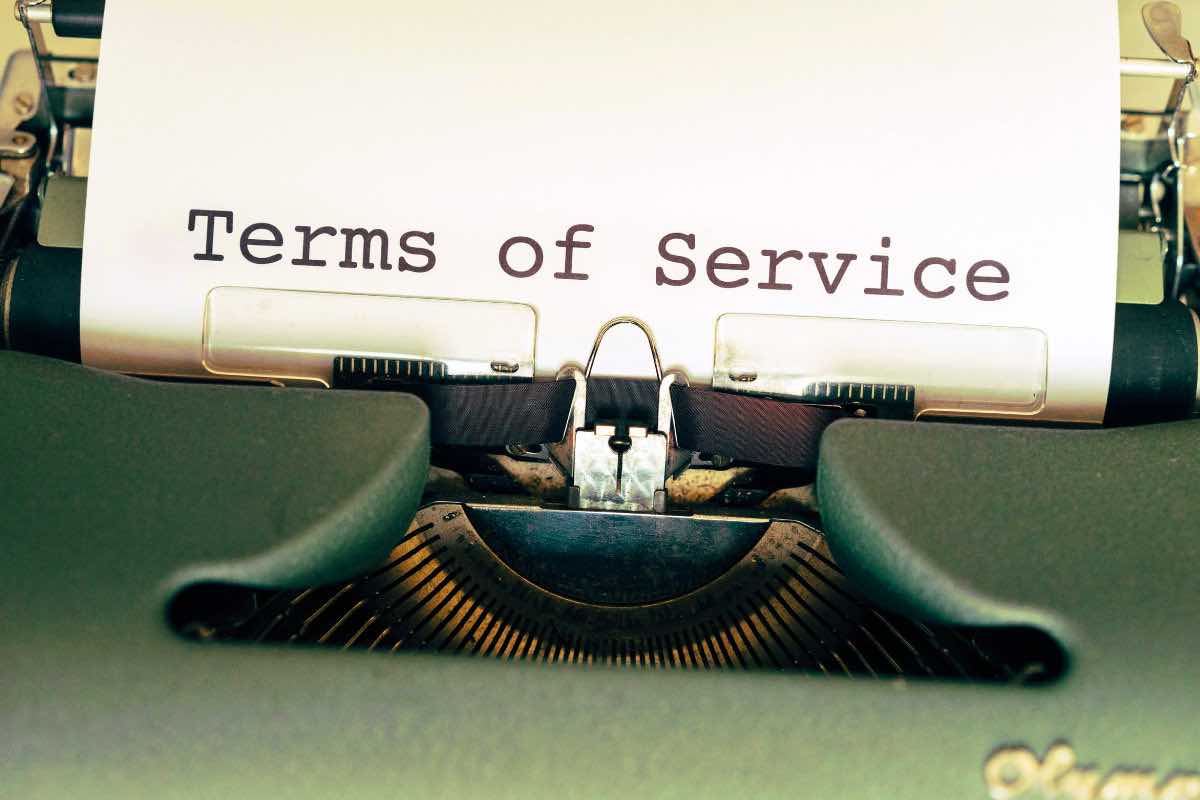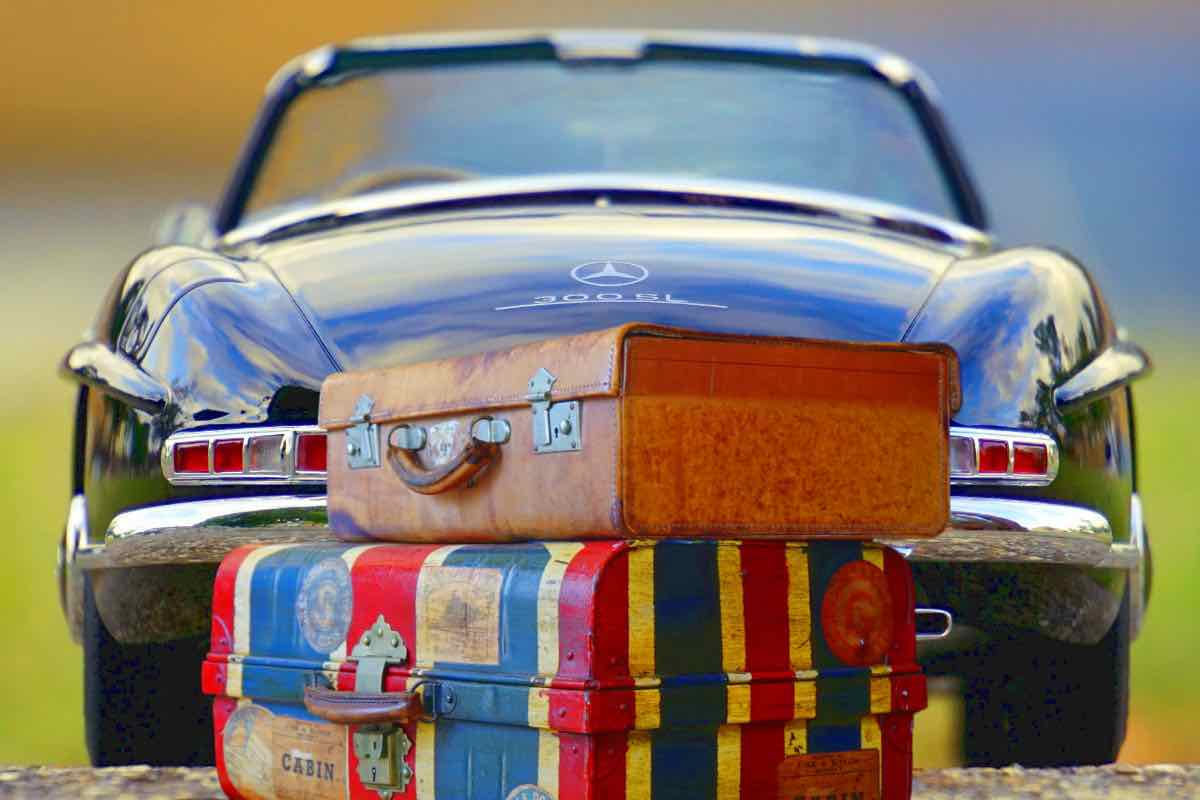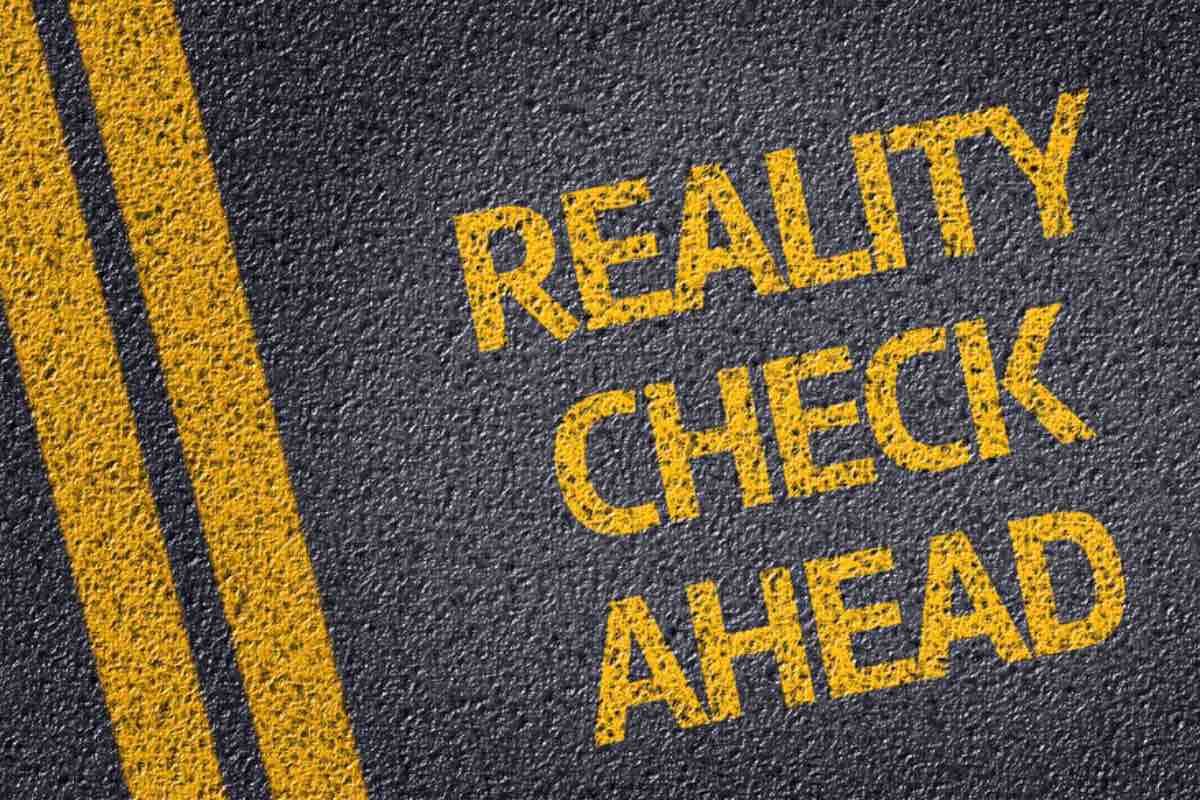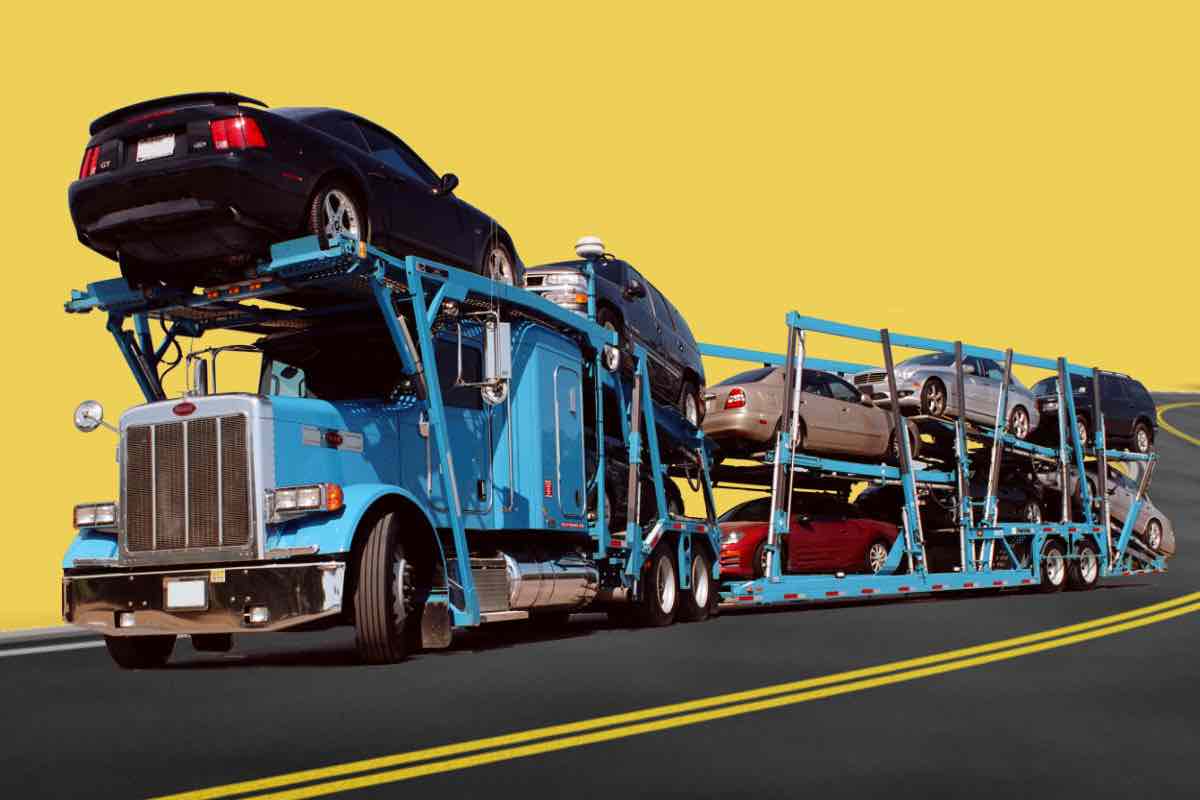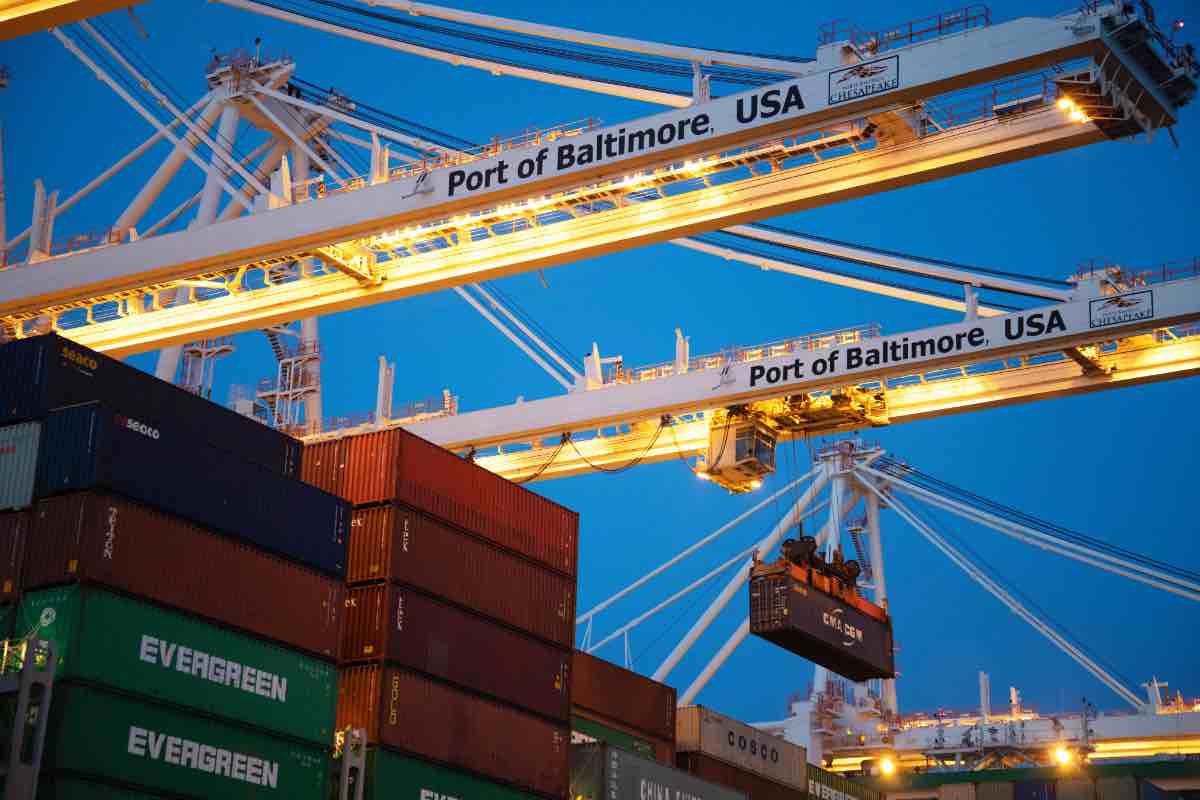Although there is a certain level of protection offered to each vehicle by trailer beams, platforms and other cars, Open-Carrier’s cannot offer complete protection against bad weather, road or wind-borne debris, bugs or other wildlife.
What you can do to counter Open-Carrier safety risks….
-
Request the Upper-Level
Open-Carriers have 2 levels on which vehicles are loaded. The lower level is closer to the road and risks more exposure to road debris that could turn into projectiles when flung by the rotating wheels of the trailer or passing traffic. Requesting your vehicle to be loaded on the upper level can minimize this type of debris and could also safeguard your car from leaking fluids and dirt from the other cars loaded on the trailer.
Do note that some Carriers may charge you extra for this request. This is because Carrier’s will plan the arrangement of vehicles on their trailers in accordance with the delivery order for the route. Your request may require that additional placement shifts be performed along the route to accommodate for your vehicle.
-
Clean your Vehicle prior to Pick-Up
In most cases this is mandatory. This will allow you to record more clearly any pre-existing damage on your vehicle & to notice any new damage on arrival.
Cleaning your vehicle also eliminates any mud clumps, stones or other small objects that could detach from your vehicle while in transit and cause scratches or dents to your own, or others’, vehicles.
-
Make sure your Gas Tank is 1/4 full
A full fuel tank adds unnecessary weight to your automobile. It is also a fire hazard. To minimize safety risk, it is recommended that you keep only a quarter of the tank full.
-
Secure Moving Parts
To avoid damage, it’s always a good idea to immobilize any moving parts. Retract your antennas, remove any modifications, fold your side mirrors & secure the top of convertibles.
-
Remove any Personal Items from your Vehicle
Any non-secured items in the interior of your vehicle are prone to shifting and rolling while being transported. Friction and impact damage could result. Remove any detachable Audio systems, DVD’s, water bottles, car chargers, sun protection screens, steering wheel locks or any other objects you usually keep inside your car.
-
Do not use a Car Cover
It may seem counter-intuitive, but attempting to protect your vehicle with a car-cover may actually cause more damage than protect from it. Due to wind blast during transit, most covers detach and start billowing and flapping in the airstreams. This can cause damage not only to your own vehicle but also to those of other customers’.
-
Keep the Bill of Lading handy at all times
You will receive your Bill of Lading (BoL) from the Carrier at the time of pick-up. This document functions both as a contract with the Carrier as well as your receipt. Note any pre-existing damage on the BoL at pickup & make note of new damage prior to signing it at the delivery.
-
Wash your Vehicle soon after Delivery
This applies mostly to shipments undertaken during the winter months, but can be a good practice throughout the year. During the snowy seasons, your vehicle may gather road salt and other chemicals which could be corrosive. A car wash will also eliminate any fluids from other vehicles that may have leaked onto your car during transit.



